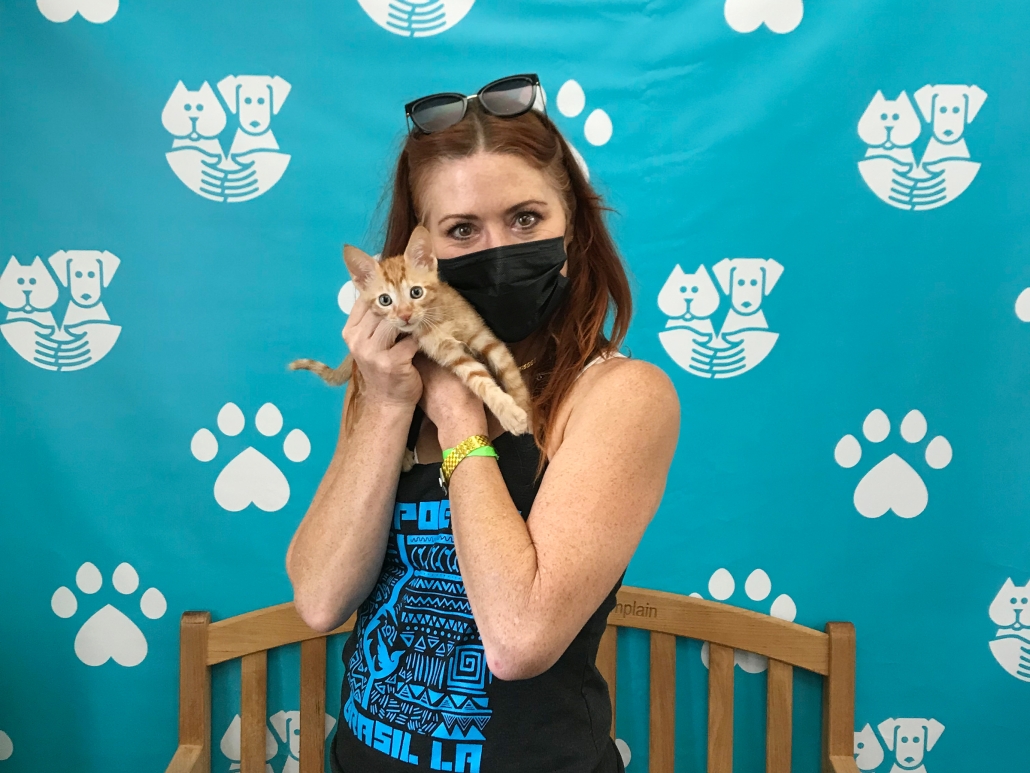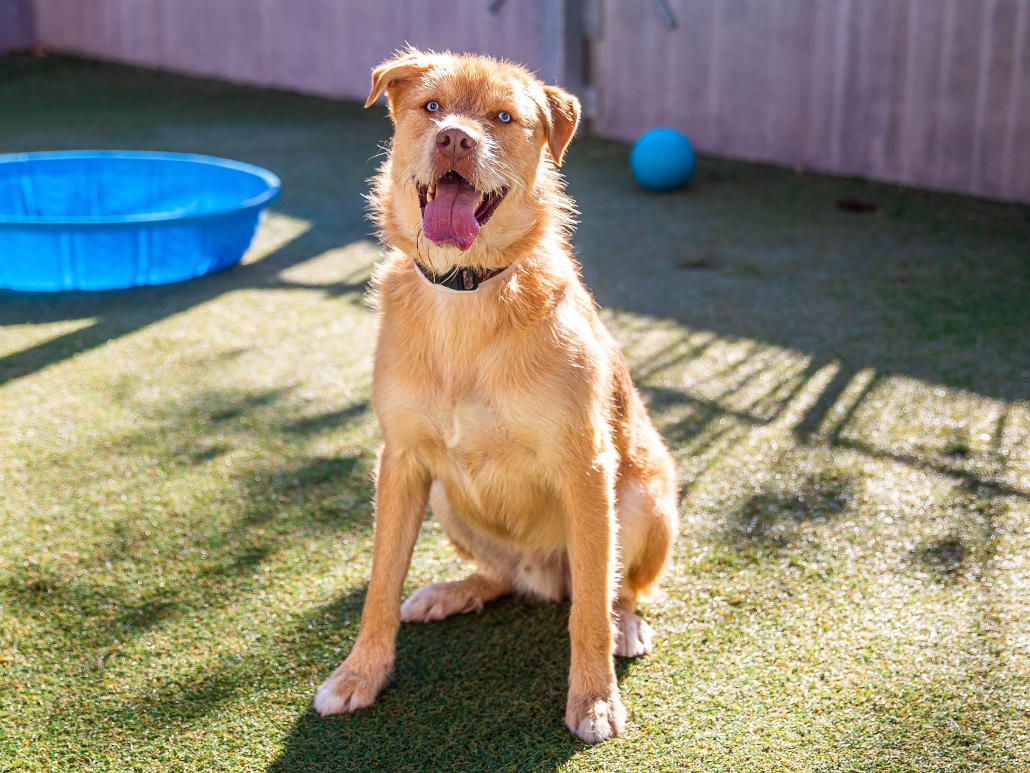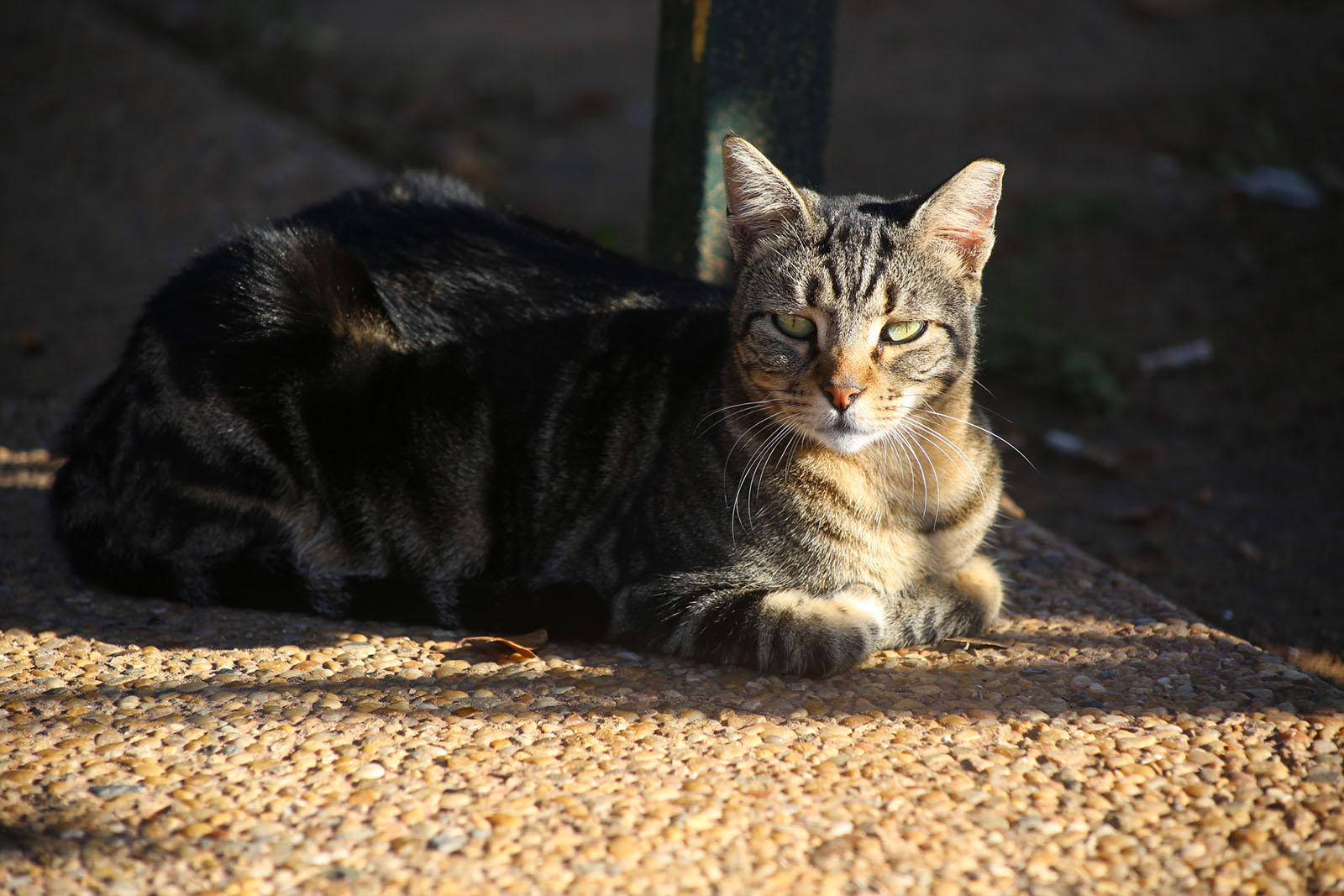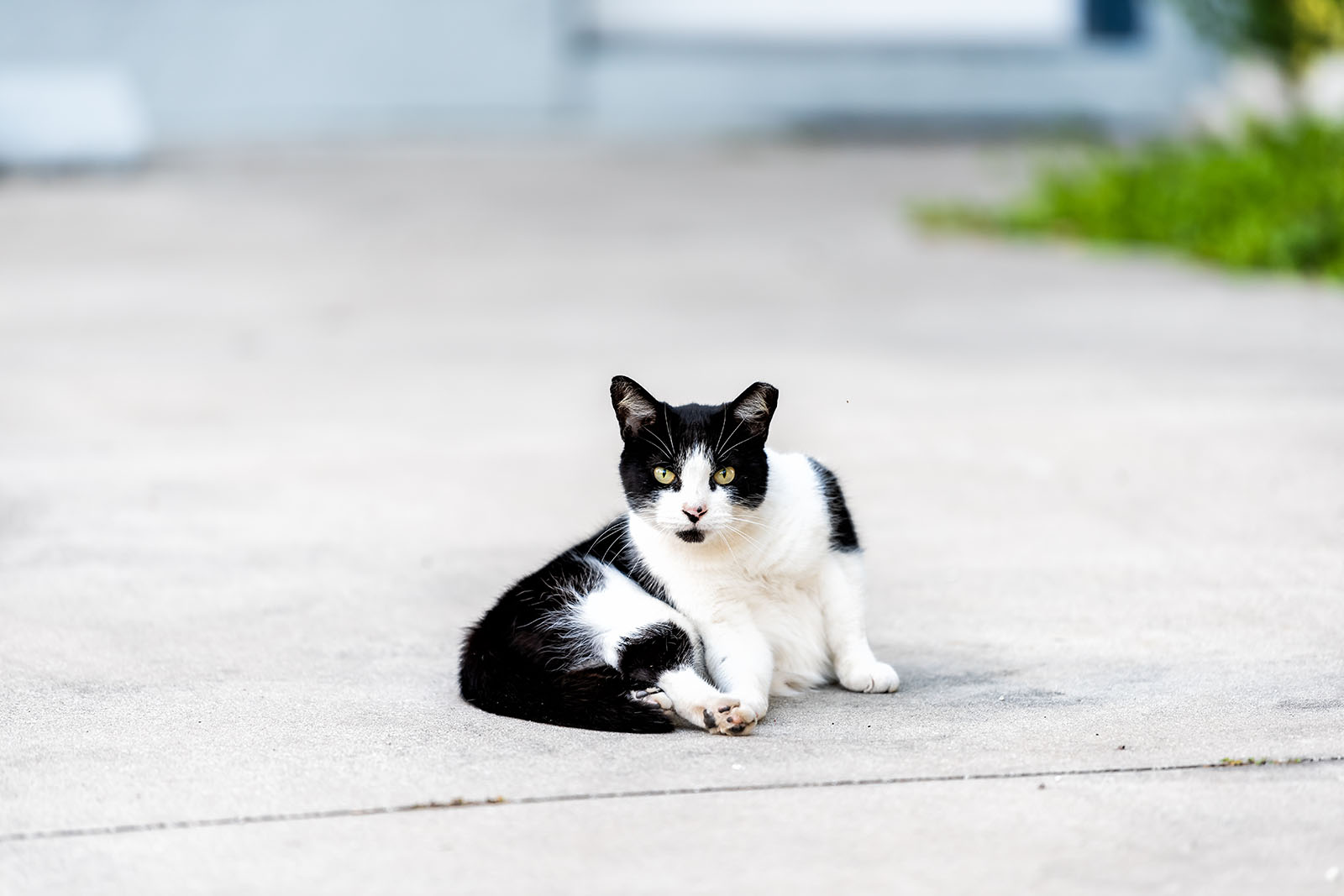Pasadena Humane officially adopted the Socially Conscious Sheltering framework in 2020. As a socially conscious shelter, we take a holistic approach to sheltering by making appropriate decisions for each animal on an individual basis, while continuing to support the needs of people—both pet owners and the community at large.
The 8 tenets of socially conscious sheltering are:
- Place every healthy and safe animal.
- Ensure every unwanted or homeless pet has a safe place to go for shelter and care.
- Assess the medical and behavioral needs of homeless animals and ensure these needs are thoughtfully addressed.
- Align shelter policy with the needs of the community.
- Alleviate suffering and make appropriate euthanasia decisions.
- Enhance the human-animal bond through safe placements and post adoption support.
- Consider the health, wellness and safety of animals for each community when transferring animals.
- Foster a culture of transparency, ethical decision making, mutual respect, continual learning and collaboration.
For more information, visit http://scsheltering.org.
Are you a no-kill shelter?
Pasadena Humane is a Socially Conscious Animal Shelter. We accept all animals regardless of age, breed, health or temperament from within our 11 animal control service areas.
Why don’t you use no-kill terminology?
Pasadena Humane adopted the Socially Conscious Animal Sheltering model because we believe it offers the most holistic approach to sheltering. No-kill has been used as a marketing tool and rallying cry, but it does not reflect the responsibility animal welfare organizations like Pasadena Humane have to the animals in our care and to keeping our communities safe.
While no-kill has gained in popularity over the years, it is often misunderstood. No-kill does not mean no euthanasia. In fact, most no-kill shelters strive to attain a save rate of 90%. What that means in practice is that even at no-kill shelters, 10% of animals may be euthanized for any reason and the organization would still be considered no-kill. While reaching a 90% save rate may be attainable for some communities, it may not be realistic for others based on the animals coming into that shelter. For example, a shelter that admits a large percentage of very ill or unhealthy animals may not reach a 90% save rate even if they place all adoptable animals.
Open Adoptions
Pasadena Humane subscribes to an open adoption philosophy, which welcomes adopters of all backgrounds and experience levels. We embrace a conversation-based approach to adoptions that seeks to match prospective adopters with a pet that fits their lifestyle. We serve as an educational resource for prospective pet parents and our goal is to support adopters through the life of their pet by providing behavior advice, training classes, a retail store, and low-cost wellness services. All dogs, cats and rabbits adopted from Pasadena Humane are spayed/neutered, microchipped and up-to-date on species appropriate vaccines. Learn more about our adoption process.
Adoptions By Appointment & Walk-In Adoptions
At Pasadena Humane, we offer our adoptions by appointment in the morning and walk-in adoptions in the afternoon. We believe this hybrid system provides a high level of service to adopters while greatly benefiting the animals in our care. With scheduled adoption appointments, potential adopters receive personalized service without the frustration of long lines and rushed adoptions. The walk-in adoption hours are for those who prefer to adopt without an appointment. By limiting walk-in hours to just the afternoons, the animals enjoy a less stressful, quieter environment for most of the day, which has shown significant health and behavioral benefits. When pets are healthier and less stressed, they find new homes more quickly.
Admissions by Appointment
Pasadena Humane subscribes to an appointment-based admission philosophy for non-emergency intakes. Admissions by appointment benefits animals and people by taking a case-management approach to meet each animal’s needs. For decades, shelter surrender was seen as the only option for lost pets and under-resourced pet owners. Now, our trained animal resource specialists aim to keep pets with their families by providing access to services, resources and information. We also support pet reunification by connecting finders with owners, using social media, and by doing microchip scans in the field. With fewer animals unnecessarily coming into the shelter, we can dedicate our time and resources to the animals who need us most.
Admissions by appointment is supported by the National Animal Care and Control Association and is standard practice at local area shelters, including LA County Animal Care & Control and Los Angeles Animal Services.
Trap-Neuter-Return-Monitor
We believe that trap-neuter-return-monitor (TNRM) is the only humane way to manage community cats. TNRM is the process where community cats are humanely trapped, sterilized and then released in the location where they are found. Pasadena Humane provides sterilization, ear tipping, vaccines and flea preventative for community cats. Learn more about our community cat program.
Community Cats at the Shelter
Pasadena Humane believes that healthy, unsocialized community cats brought to the shelter should be sterilized and returned to their exact location of origin. Return to Field (RTF), as this process is known, provides a positive outcome for unsocialized cats that would not adjust well to living as house pets. If a healthy, unsocialized cat cannot be returned to its original location due to safety, illness or injury, the cat will be assessed for placement as a working cat through our Employ-a-Cat program.
Additional Support:
National Animal Care & Control Association Statement on Animal Control Intake of Free-Roaming Cats
Unweaned Kittens
Pasadena Humane recommends that unweaned kittens be kept with their mothers until they are fully eating solid food on their own. At that point, kittens can be brought to the shelter from our 11 animal control contract cities and will be socialized and put up for adoption. Community members can also volunteer to care for the kittens and we will provide the supplies and medical care. Once the kittens are weaned, the mother cat should be trapped and brought in for TNRM
Stay Up To Date
Sign up for our email newsletter










